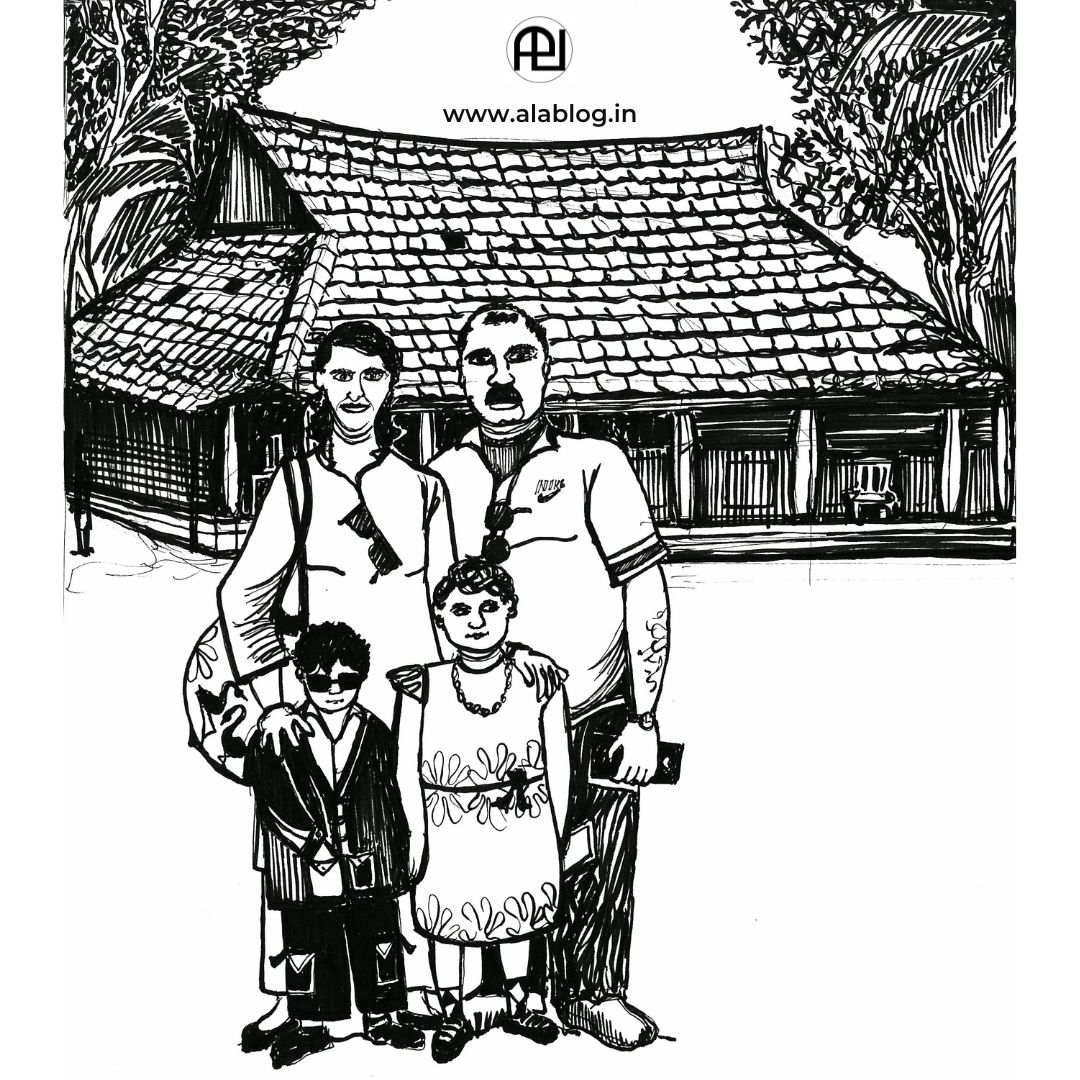In this episode of our ongoing podcast series on Keraleeyatha, we speak with historians Dilip Menon and Mahmood Kooria about the role of the Indian ocean in shaping the social and political history of Kerala, and revisit the limitations of a ‘terracentric’ idea of modernity and the nation-state.

This is the second episode in Season 2 of Ala’s podcast series, focusing on the idea of modernity and Kerala. View all episodes here.
We Discuss:
- 00:01:41 – The idea of ‘paracoloniality’ and moving beyond the colonial period as a yardstick.
- 00:07:21 – What the idea of the ocean offers to Kerala studies.
- 00:10:55 – The erasure of the ocean and nation-centric Hindutva ideology in present-day India.
- 00:12:22 – Tracing the archives that can re-center the ocean; the need for multilingual, multi-sited, mixed-method studies.
- 00:20:46 – The idea of ‘double consciousness’ and how the sea troubles ideas of ‘Keraleeyatha’.
- 00:23:06 – Cultural sites of oceanic histories.
- 00:24:56 – The limitations of Keraleeyatha and modernity as concepts in addressing history.
- 00:27:57 – Reimagining ‘Malabar’ as a region.
- 00:31:35 – Archival records of traveling Malayalis writing about the world, Varthamanapusthakam as a canonical example.
- 00:43:22 – Is the sea only a historical lens or is it still relevant today?
- 00:49:06 – The need for academic training to accommodate oceanic lenses and move beyond regional chauvinism.
About the Guests: Dilip Menon is Director, Centre for Indian Studies in Africa and Professor of History at the Department of International Relations at the University of Witswatersrand.
Mahmood Kooria is a historian affiliated with Leiden University in the Netherlands and Ashoka University in India.
Interview/Editing: S. Harikrishnan
Artwork: Nidhin Shobhana
Related Articles on Ala:
- Sebastian R. Prange writes about how a particular form of Islamic thought and practice emerged in the cosmopolitan port cities of the Indian Ocean trading world including Kerala in medieval times.
- S. Harikrishnan’s review of K.R. Sunil’s work, ‘Manchukkar’, which tells the stories of seafarers of 20th century Malabar.
- What did it mean to be deemed ‘enslavable’ by the Dutch colonisers in south India? Geelen writes about neglected archives in Kerala that can help answer this question and provide valuable insight into the lived experiences of enslaved people in Dutch-ruled Cochin.
- Neelima Jeyachandran writes about the shrines deifying African slaves in Kerala and the histories of African slave trade that they reveal.
- Accompanied by lively original illustrations, Eléonore Rimbault explores how Malabar circuses are entangled with broader histories.

Loved these!! I mean, this and the ones with kooria and dilip as well. Great job, Harikrishnan and Nidhin. Waiting for more.